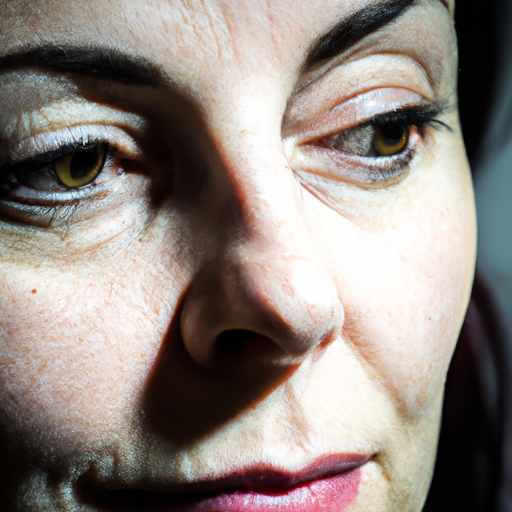As a medical professional, I have encountered countless patients who struggle with sensitive skin. This condition is not a disease that can be diagnosed, but rather a symptom of an underlying issue or a response to certain environmental factors. Understanding the causes and symptoms of sensitive skin is crucial to managing it effectively.
Sensitive skin is characterized by a range of symptoms, including redness, itching, burning, dryness, and even pain. These symptoms can be triggered by various factors such as weather changes, certain skincare products, stress, and specific food types. However, it’s important to note that what may cause a reaction in one person may not necessarily cause the same reaction in another. This is because everyone’s skin is unique and responds differently to different stimuli.
One of the primary causes of sensitive skin is a weakened skin barrier. The skin barrier serves as the first line of defense against environmental aggressors like pollutants and bacteria. When this barrier is compromised, irritants can penetrate the skin more easily, leading to inflammation and sensitivity. Conditions like eczema and rosacea, which are characterized by a defective skin barrier, often result in sensitive skin.
Another common cause of sensitive skin is allergic reactions. These can occur in response to certain substances found in skincare products, cosmetics, or even laundry detergents. Ingredients like fragrances, dyes, preservatives, and certain types of alcohol are known allergens that can trigger skin sensitivity.
Genetics also play a role in sensitive skin. If your parents have sensitive skin, you are more likely to have it too. Hormonal changes can also affect skin sensitivity. Many women report having more sensitive skin during different stages of their menstrual cycle.
Now that we have discussed some of the causes let’s delve into the symptoms of sensitive skin. As mentioned earlier, redness, itching, burning, and dryness are common signs. However, these symptoms can also be accompanied by other signs like bumps, blisters, or even skin peeling. In severe cases, sensitive skin can lead to a condition called dermatitis, which is characterized by inflammation and severe itching.
It’s important to remember that sensitive skin can manifest differently in different people. For instance, some may experience symptoms only occasionally, while others may have persistent issues. Some may have reactions to a single trigger, while others may react to multiple triggers.
As a doctor, I recommend that individuals with sensitive skin should take special care of their skin. This includes using gentle, fragrance-free skincare products, avoiding known triggers, and protecting the skin from extreme weather conditions. It’s also crucial to keep the skin hydrated as dryness can exacerbate sensitivity.
In conclusion, understanding the causes and symptoms of sensitive skin is the first step towards managing this condition effectively. If you suspect that you have sensitive skin, I encourage you to seek professional help. A dermatologist can help identify your triggers and recommend appropriate skincare products and routines. Remember, every skin is unique, and what works for one person may not work for another. Therefore, it’s essential to understand your skin and treat it with the care it deserves.
Unmasking the Mysteries: Understanding the Causes and Symptoms of Sensitive Skin



